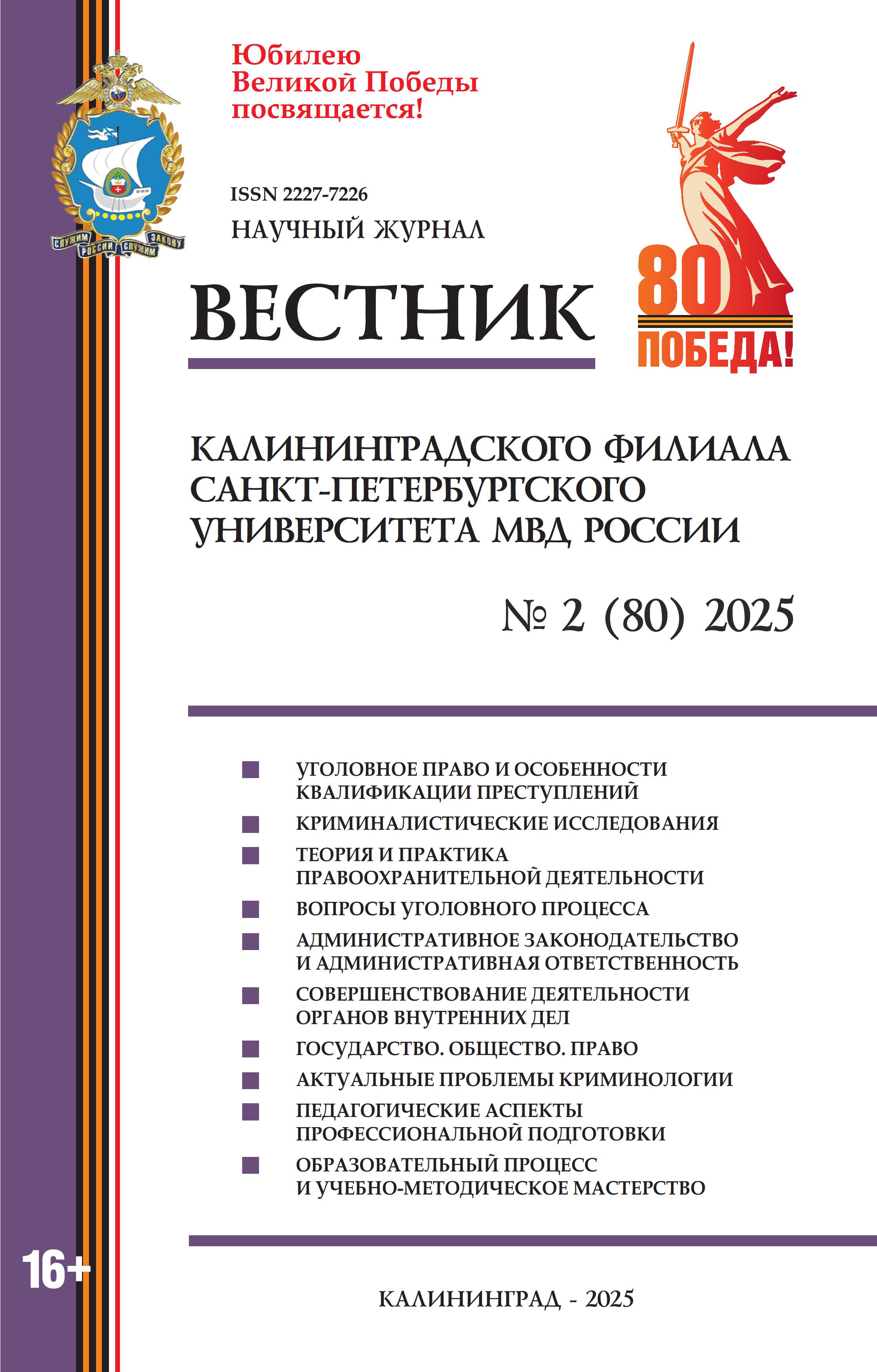graduate student from 01.01.2024 until now
Kstovo, Nizhny Novgorod, Russian Federation
Introduction. The problem of the inevitability of punishment in modern conditions acquires clear ideological and political features, and, therefore, should be understood within the framework of the ideological approach. This understanding seems to be no less important than the search for ways of practical implementation of the idea under consideration. Methods. The methodological basis of the study conducted by the author of the article was the dialectical-materialistic method of cognition, which made it possible to consider the idea of the inevitability of punishment in the dynamics of its historical development. Scientific substantiation of the status positions of the idea under study is based on ideological and conceptual approaches. Results. The idea of the inevitability of punishment is deprived of attention at the doctrinal and legislative levels. They are trying to free the criminal process from the influence of this key system-forming idea, excluding it from the system of ideological foundations of criminal proceedings. But if at the doctrinal level we can talk about a deficit of attention, then at the legislative level we are talking about complete oblivion of this idea. Modern criminal procedural legislation of Russia does not directly mention the inevitability of punishment and does not even remind about it. There is a fact of systemic normative silence about the idea of the inevitability of punishment, which indicates the presence of deep ideological problems of modern criminal proceedings. The course of hushing up and forgetting the idea under consideration at the official normative and legal level constitutes the essence of the problem analyzed by the author of the article, this circumstance allows us to define it primarily as an ideological problem.
Inevitability of punishment, inevitability of criminal liability, principles of criminal procedure, ideological foundations of criminal procedure, ideological approach, conceptual approach.








